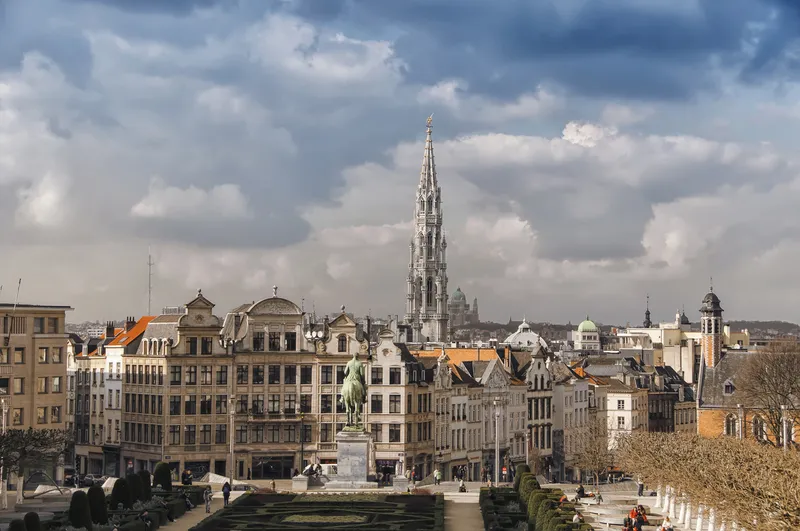The city of Albuquerque in New Mexico is to get a new regional traffic management centre according to mayor Richard J. Berry, who has unveiled plans for a brand new facility located at Kirtland Air Force Base. The centre is proposed to be located in the Jenkins Armed Forces Reserve Center which was relocated onto Kirkland Air Force Base. The City of Albuquerque owned the property, and had been leasing it for a dollar a year to the armed services. “And now”, says the mayor, “the armed services are donating
October 4, 2012
Read time: 2 mins
The city of Albuquerque in New Mexico is to get a new regional traffic management centre according to mayor Richard J. Berry, who has unveiled plans for a brand new facility located at Kirtland Air Force Base.
The centre is proposed to be located in the Jenkins Armed Forces Reserve Center which was relocated onto Kirkland Air Force Base. The City of Albuquerque owned the property, and had been leasing it for a dollar a year to the armed services.
“And now”, says the mayor, “the armed services are donating the facilities on-site for free which is going to save us tens of millions of capital dollars to build a regional traffic management centre. This is a win-win for the citizens of Albuquerque and the metropolitan area."
The current traffic management centre operates “out of a double-wide trailer” says Berry, which communicates primarily by phone with a second centre currently located in the basement of the Mid- Region Council of Governments building down town.
"When complete, we’ll have all the stakeholders in the same area communicating in real time, solving traffic snarls around the region," Mid-Region Council of Governments Executive Director Dewey Cave told local reporters. “We are excited that this new centre is moving forward."
Cave is pleased that “early cost estimates for construction are running close to US$9 million,” rather than the US$70 million usually spent on similarly sized projects. By recycling the existing facilities and infrastructure, says Cave, “Albuquerque has already started using the other buildings on the site for DMD street maintenance equipment, and part of Solid Waste Department’s recycling program. A new Fire Department maintenance shop and Police Athletic League activities are also planned for the very near future.”
Construction of the centre is still two years away, according to officials.
The centre is proposed to be located in the Jenkins Armed Forces Reserve Center which was relocated onto Kirkland Air Force Base. The City of Albuquerque owned the property, and had been leasing it for a dollar a year to the armed services.
“And now”, says the mayor, “the armed services are donating the facilities on-site for free which is going to save us tens of millions of capital dollars to build a regional traffic management centre. This is a win-win for the citizens of Albuquerque and the metropolitan area."
The current traffic management centre operates “out of a double-wide trailer” says Berry, which communicates primarily by phone with a second centre currently located in the basement of the Mid- Region Council of Governments building down town.
"When complete, we’ll have all the stakeholders in the same area communicating in real time, solving traffic snarls around the region," Mid-Region Council of Governments Executive Director Dewey Cave told local reporters. “We are excited that this new centre is moving forward."
Cave is pleased that “early cost estimates for construction are running close to US$9 million,” rather than the US$70 million usually spent on similarly sized projects. By recycling the existing facilities and infrastructure, says Cave, “Albuquerque has already started using the other buildings on the site for DMD street maintenance equipment, and part of Solid Waste Department’s recycling program. A new Fire Department maintenance shop and Police Athletic League activities are also planned for the very near future.”
Construction of the centre is still two years away, according to officials.









